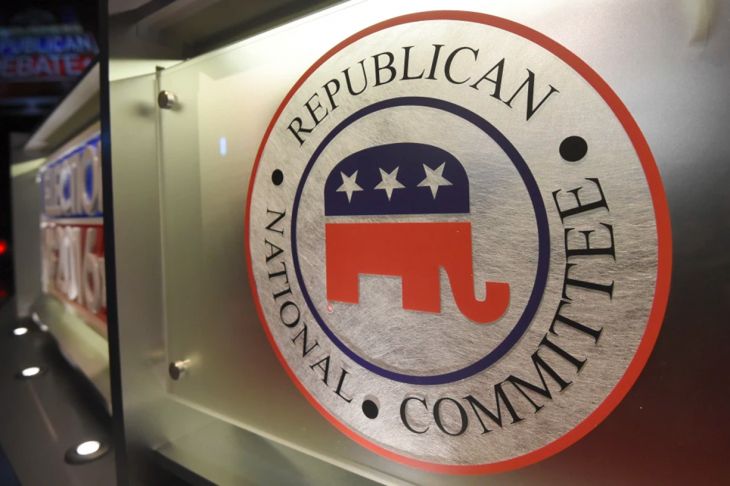Are liberal democracies losing the battle for hearts and minds to dictators or would be dictators? And as conservative parties move further to the extreme, will they encourage and strengthen each other into a global movement capable of sinking the liberal democratic dream?
If current trends continue, the answer is yes.
One example of this trend is the shift from center right to hard right of the International Democratic Union (IDU).
Its website states that “Formed in 1983, the IDU provides a forum in which Parties holding similar beliefs can come together and exchange views on matters of policy and organisational interest, so that they can learn from each other, act together, establish contacts and speak with one strong voice to promote democracy and centre-right policies around the globe. Countries can only develop their full potential if they develop recognising the ideals of liberal democracy, freedom of the individual, and the need for economic growth to be based on individual initiative and free, competitive enterprise economies”.
The IDU and its members have come a long way since its founding.
In a recent visit to a number of autocratic leaders in Europe, IDU president Stephen Harper met with Hungarian leaders. He extolled the government and encouraged IDU members to forge stronger ties with Hungary.
Prime Minister Viktor Orban’s government has been dismantling democratic institutions, reducing freedom of the press and expression, closing political space for opposition parties, reducing the power and independence of the judiciary, and dividing and polarizing the electorate.
Similar moves are taking place in other countries governed by IDU members.
Israeli Prime Minister Benjamin Netanyahu is engaged in a battle to emasculate the courts and consolidate power. This has led to widespread demonstrations across Israel and to a deep polarization between supporters of the government and those who strive to sustain liberal democracy.
Conservative parties in Europe have come out against immigrants, the LGBTTTI community, and focused on creating white Christian societies – reversing many of the liberal policies of the recent past. The rise in Islamophobia and anti-Semitism is a sad result, and violence against these two communities is rampant.
In the United States, the extreme right has taken over the Republican Party, espousing the same goals as their European counterparts, and dividing the country to the point where dialogue and consensus have become dirty words.
While former President Trump is the personification of this divisiveness and the sower of hatred and calls to violence, Republicans began down this path in the 1990’s with such broadcasters as Rush Limbaugh and others who set a new course for the extreme right.
Canadians who like to think that they are immune from the issues that prevail in their southern neighbor now find that the contagion has reached their own shores.
The leader of the Conservative Party, Pierre Poilievre, who served as a Minster when Stephen Harper was Prime Minister, is the closest thing to a Trumper in Canadian politics. Harper has called on Canadian Conservatives to establish close relations between right leaning political parties including that of the Orban government.
Poilievre rails against the “elites” as do his fellow travelers in other extreme right parties, divides with lies and innuendo, and allows himself and his fellow Conservative parliamentarians to cavort with well-known fellow travelers who fly Nazi and Confederate flags and consider Hitler as a worthy role model.
He currently has a sixteen-point lead over Prime Minister Trudeau and could well become Canada’s next Prime Minister.
Has the IDU become the extreme right’s clearing house for political policy and electoral strategy under Mr. Harper?
It would appear so.
Bringing the extreme right together and providing these parties with the wherewithal to win elections and implement their policies is the nightmare scenario for liberal democrats.
Allowing them to weaken election bodies and consolidate their hold over the media is a common theme in countries governed by the extreme right.
It will be difficult to dislodge the extreme right once it is in power. They weaken or destroy the very institutions that enhance democracy and limit the scope for any opposition to work effectively.
Even more so when it is part of a global movement in which leaders support each other and weaken international institutions whose function is to endure human rights and freedoms.
Keep reading: Violence Against Women
Edición: Fernando Sierra
Proyectos realizados en el país tendrán incentivo fiscal de 30 % del ISR
La Jornada Maya
El célebre “Jefe Ratonero del Gabinete” ha servido a seis primeros ministros y se mantiene como figura entrañable del poder británico
Ap
El plan urbano propone una visión participativa y sostenible, abierta a ajustes mediante consulta ciudadana
Rosario Ruiz Canduriz
Comparsas, batucadas y carros alegóricos animaron el arranque; saldo blanco y amplia participación ciudadana
La Jornada Maya
